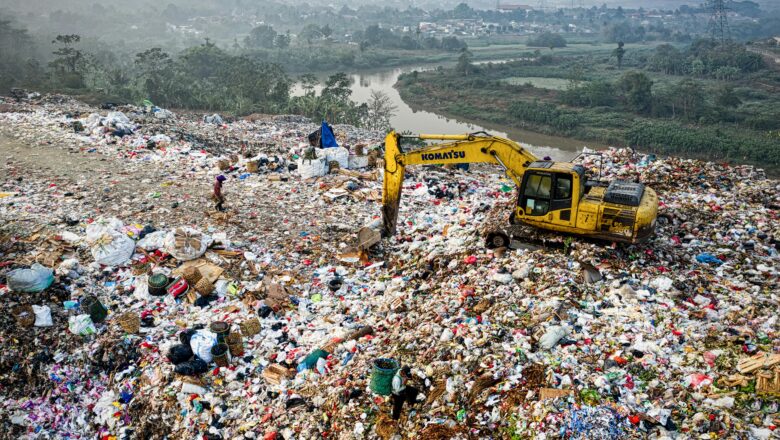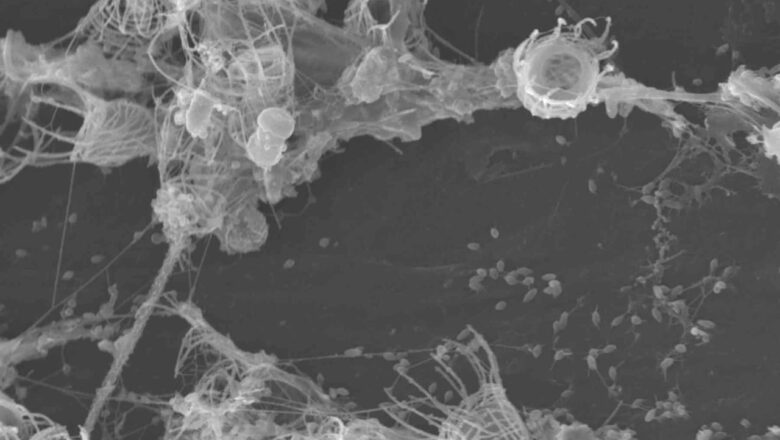
Scientists Pioneer air-moisture Tech to Break down Plastic revolutionizing recycling
In a breakthrough that could reshape plastic waste management, scientists have unveiled a pioneering method to break down polyethylene terephthalate (PET) using moisture from the air. This novel approach utilizing an inexpensive catalyst dismantles PET bonds and transforms the material into monomers the essential building blocks of plastics allowing for efficient recycling or upcycling into higher-value products.
Published in Green Chemistry, a journal of the Royal Society of Chemistry, the study introduces a solvent-free, environmentally friendly solution to global plastic pollution. Unlike conventional recycling methods, which generate harmful byproducts and require significant energy input, this technique harnesses trace moisture from ambient air, making it safer and more sustainable...

